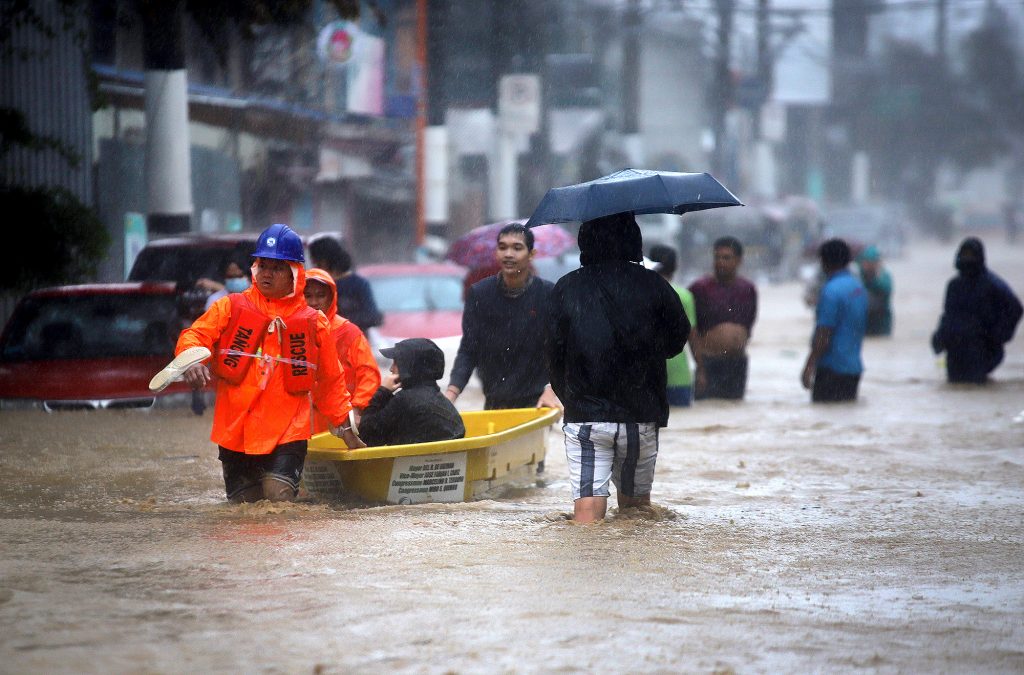
“Rolly,” “Siony,” and “Uly!”
One can only imagine being hit by three strong typhoons days apart, and the devastation it brought to the communities.
Disasters, however, seem not to stop Filipinos from expressing their thoughts, even linking typhoons and floods to politics.
It has become an opportunity for many to voice their sentiments.
I know the feeling, I’ve been there.
People in the Philippine capital have likened the devastation of typhoon “Ulysses” to the one brought by typhoon “Ondoy” in 2009.
Back then, I was caught on a bus on top of a bridge, with raging waters below. For 24 hours, we waited for food and for rescue.
This week, my social media newsfeed was flooded with comments and rants, like a storm surge, from netizens.
I can feel the sentiments of people on how the authorities responded to the disaster.
We’re quite tired of how our leaders’ failed us. But to what extent do we have to rant?
Pope Francis, in his encyclical “Fratelli Tutti,” noted those, who “under the guise of defending certain values,” aim to dominate the voice of other people.
In the Philippines, if one comments on the political opposition, one is labeled “pro-administration.” If you disagree with the opposition, you’d be branded otherwise.
The 2016 national election was a “digital war” where people bashed each other, ending friendships.
Have we gone too far? Is there any space left for healthy dialogue or constructive criticism?
Pope Francis might be describing the Philippines when he warned that the absence of “healthy debates” can result in “a permanent state of disagreement and confrontation.”
Tragedies are opportunities for the government to show its competence. Filipinos are already tired of empty words.
What we like to hear are plans. What we need to see are actions. What we love to receive is security.
While it is disturbing to see politicians taking advantage of the situation, it is more stressful to see, however, netizens waging their own “wars” on social media.
I don’t think people affected by the devastation would mind the bickering of political leaders. What they need now is help and assistance for them to recover.
How many people have we helped when we attacked each other on social media just to support our favored politicians? How many evacuees have we fed every time we post hate?
“There is a time for everything, a time to be silent and a time to speak, a time to love and a time to hate, a time for war and a time for peace,” read the Ecclesiastes.
People first, politics later. Help those in need, evaluate later. Let us welcome constructive criticism and let us stop our political fanaticism.
In this period of darkness, we need one another, irrespective of political affiliation.
US president-elect Joe Biden said in his victory speech: “Our opponents are not our enemies.”
After all the disasters we went through this year, we can only hope to keep all the mess out of our lives in the coming year.
Adrian Banguis-Tambuyat is a young communication practitioner specializing in online content strategy and broadcast journalism. His interests are focused on social justice, youth formation, communication theology and mass media evangelization.
Source: Licas Philippines
0 Comments